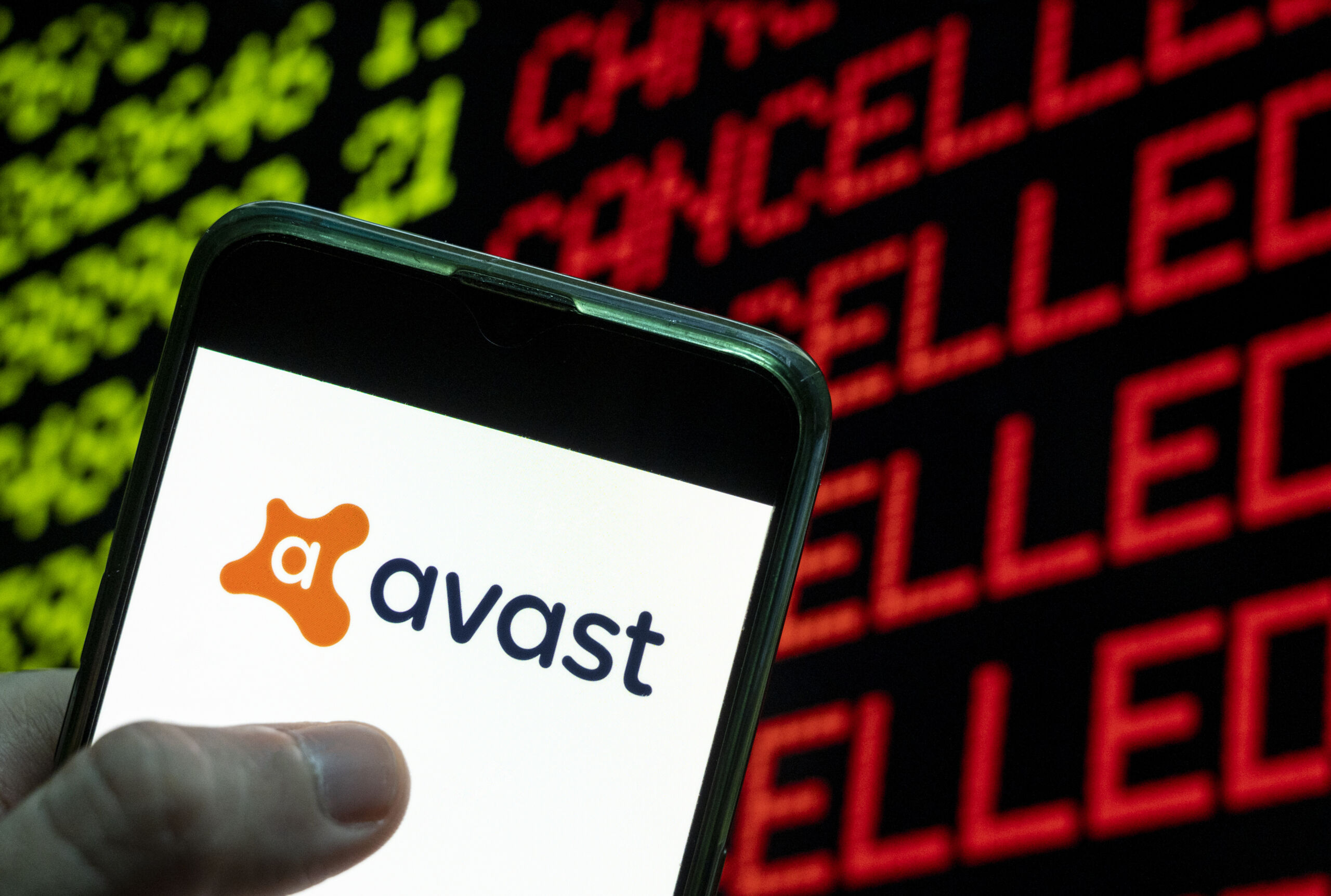Avast, a name known for its security research and antivirus apps, has long offered Chrome extensions, mobile apps, and other tools aimed at increasing privacy.
Avast's apps would "block annoying tracking cookies that collect data on your browsing activities," and prevent web services from "tracking your online activity." Deep in its privacy policy, Avast said information that it collected would be "anonymous and aggregate." In its fiercest rhetoric, Avast's desktop software claimed it would stop "hackers making money off your searches."
All of that language was offered up while Avast was collecting users' browser information from 2014 to 2020, then selling it to more than 100 other companies through a since-shuttered entity known as Jumpshot, according to the Federal Trade Commission. Under a proposed recent FTC order (PDF), Avast must pay $16.5 million, which is "expected to be used to provide redress to consumers," according to the FTC. Avast will also be prohibited from selling future browsing data, must obtain express consent on future data gathering, notify customers about prior data sales, and implement a "comprehensive privacy program" to address prior conduct.
Reached for comment, Avast provided a statement that noted the company's closure of Jumpshot in early 2020. "We are committed to our mission of protecting and empowering people’s digital lives. While we disagree with the FTC’s allegations and characterization of the facts, we are pleased to resolve this matter and look forward to continuing to serve our millions of customers around the world," the statement reads.
Data was far from anonymous
The FTC's complaint (PDF) notes that after Avast acquired then-antivirus competitor Jumpshot in early 2014, it rebranded the company as an analytics seller. Jumpshot advertised that it offered "unique insights" into the habits of "[m]ore than 100 million online consumers worldwide." That included the ability to "[s]ee where your audience is going before and after they visit your site or your competitors' sites, and even track those who visit a specific URL."
While Avast and Jumpshot claimed that the data had identifying information removed, the FTC argues this was "not sufficient." Jumpshot offerings included a unique device identifier for each browser, included in data like an "All Clicks Feed," "Search Plus Click Feed," "Transaction Feed," and more. The FTC's complaint detailed how various companies would purchase these feeds, often with the express purpose of pairing them with a company's own data, down to an individual user basis. Some Jumpshot contracts attempted to prohibit re-identifying Avast users, but "those prohibitions were limited," the complaint notes.


 Loading comments...
Loading comments...
